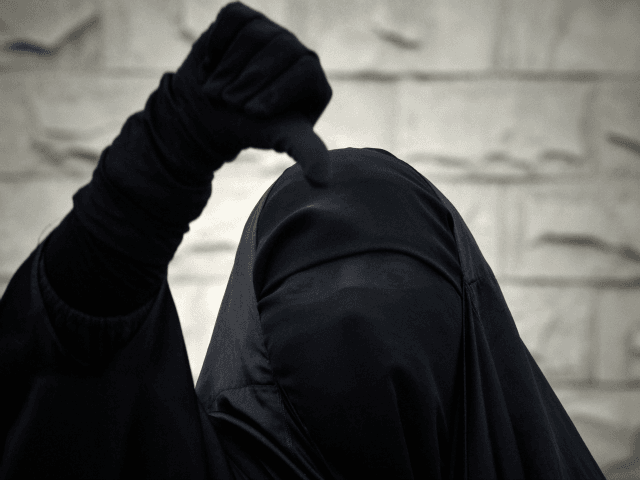The European Court of Human Rights has ruled against a Muslim woman who claimed that workplace rules forcing her to remove her headscarf amounted to discrimination. The ruling upholds France’s ban on religious symbols in the workplace, which judges said did not violate freedom of religion.
The case was brought by Muslim social worker Christiane Ebrahimian, who in 2000 was working at the psychiatric department of a hospital in the Parisian suburb of Nanterre, Deutsche Welle has reported.
Ebrahimian repeatedly ignored requests to remove her headscarf despite numerous complaints from fellow members of staff and patients, causing the hospital not to renew her contract. She responded by taking them to court, eventually taking the case all the way to the Strasbourg-based European Court of Human Rights (ECHR).
The ECHR upheld the ban on public sector employees wearing headscarves and other religious symbols, ruling it did not violate freedom of religion in a country where the principles of secularism and strict religious neutrality are specifically set out in Article 1 of the constitution (“France shall be an indivisible, secular, democratic and social Republic.”).
They have insisted that religious freedom does not extend to the right to express religious views in the workplace.
The Registrar of the ECHR issued a press release explaining the ruling. It said the Court noted:
…wearing the veil had been considered by the authorities as an ostentatious manifestation of religion that was incompatible with the requirement of neutrality incumbent on public officials in discharging their functions.
The applicant had been ordered to observe the principle of secularism within the meaning of Article 1 of the French Constitution and the requirement of neutrality deriving from that principle.
According to the national courts, it had been necessary to uphold the secular character of the State and thus protect the hospital patients from any risk of influence or partiality in the name of their right to their own freedom of conscience.
The necessity of protecting the rights and liberties of others – that is, respect for everyone’s freedom of religion – had formed the basis of the decision in question.
The Court said French authorities were not at fault in finding there was no possibility of reconciling Ms Ebrahimian’s private religious convictions with the public obligation not to display them. In deciding to give precedence to the constitutional requirement of neutrality and impartiality of the French State, her right to freedom of thought, conscience and religion set out in Article 9 of the European Convention on Human Rights was not illegally blocked.
The ECHR found that limiting the exercise of Ms Ebrahimian’s freedom had in fact been “necessary in a democratic society” and as such there had been no violation of Article 9.
France banned “conspicuous” religious symbols, including headscarves, in 2004, leading to a huge rift with the Muslim community. In 2010, it also banned the wearing of a niqab and burka, both of which cover the face, in public places. The Court of Human Rights upheld that ban in 2014.

COMMENTS
Please let us know if you're having issues with commenting.